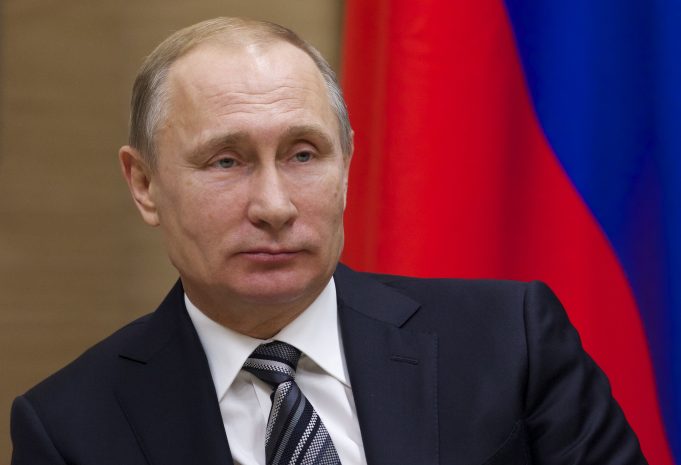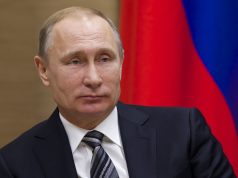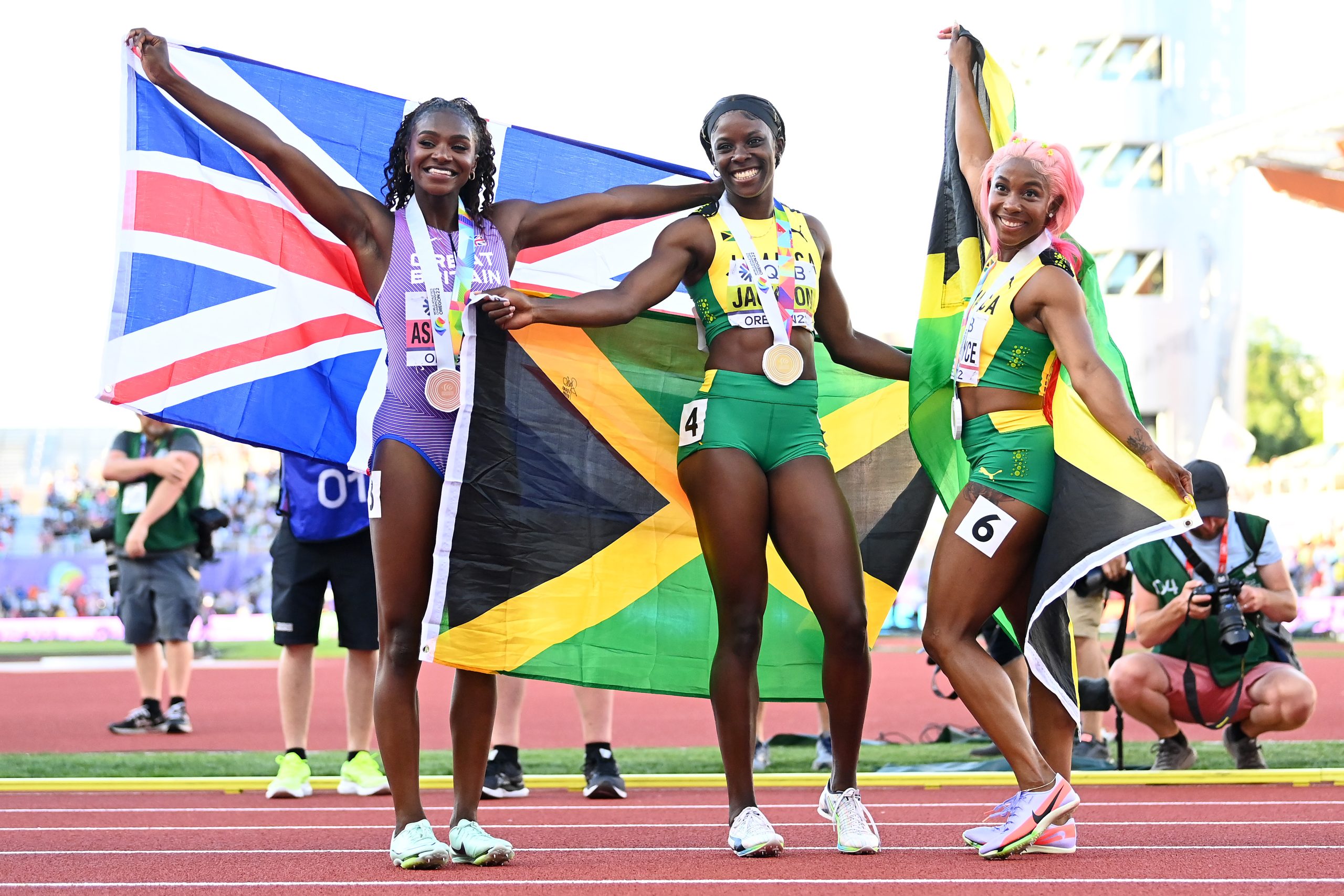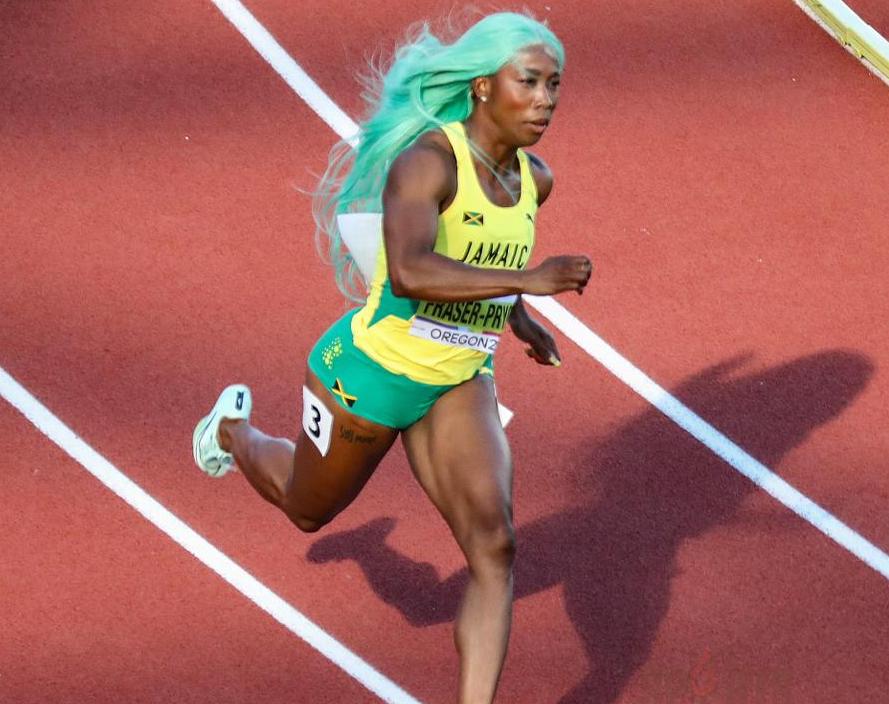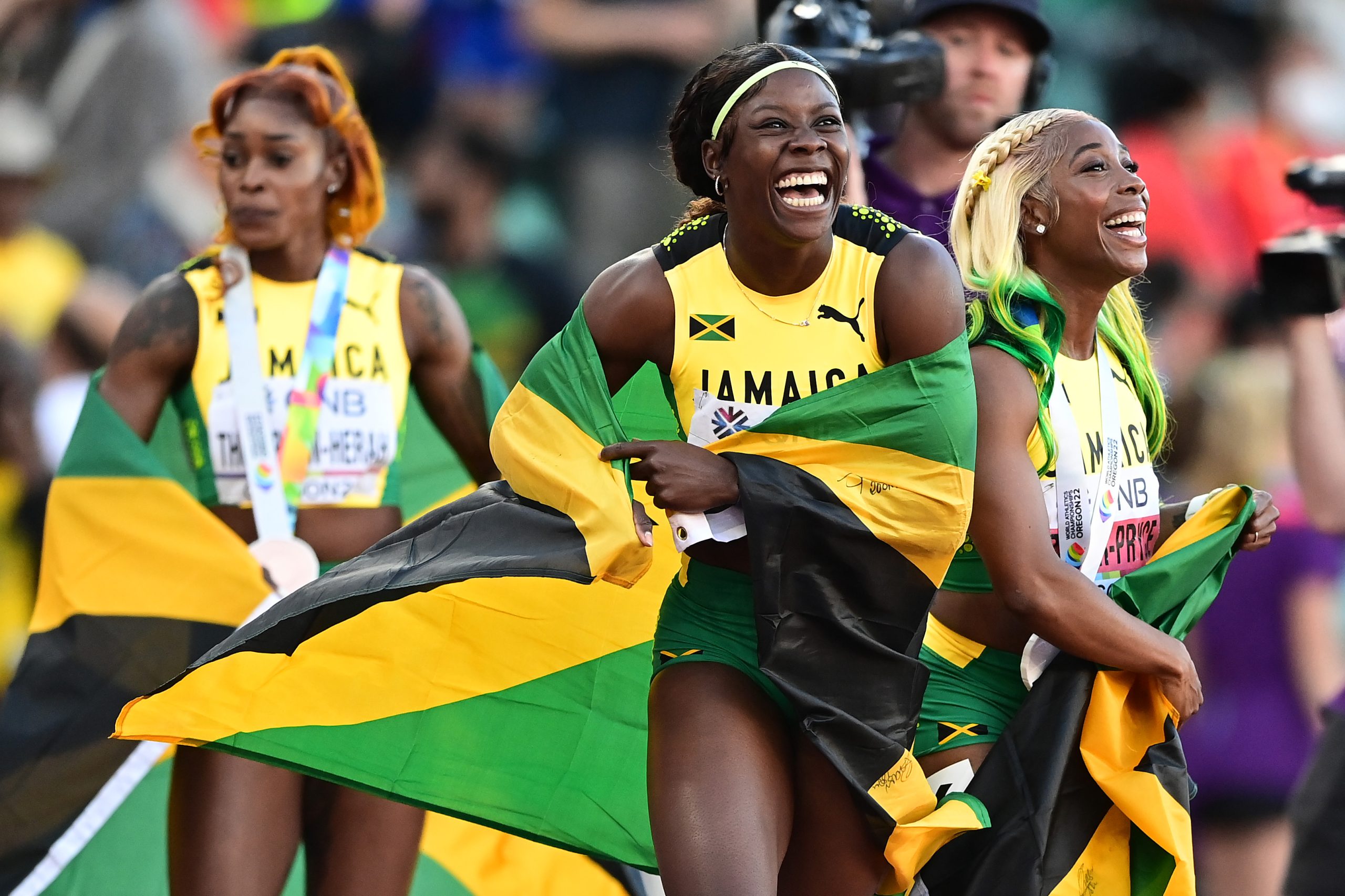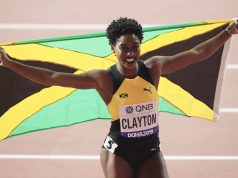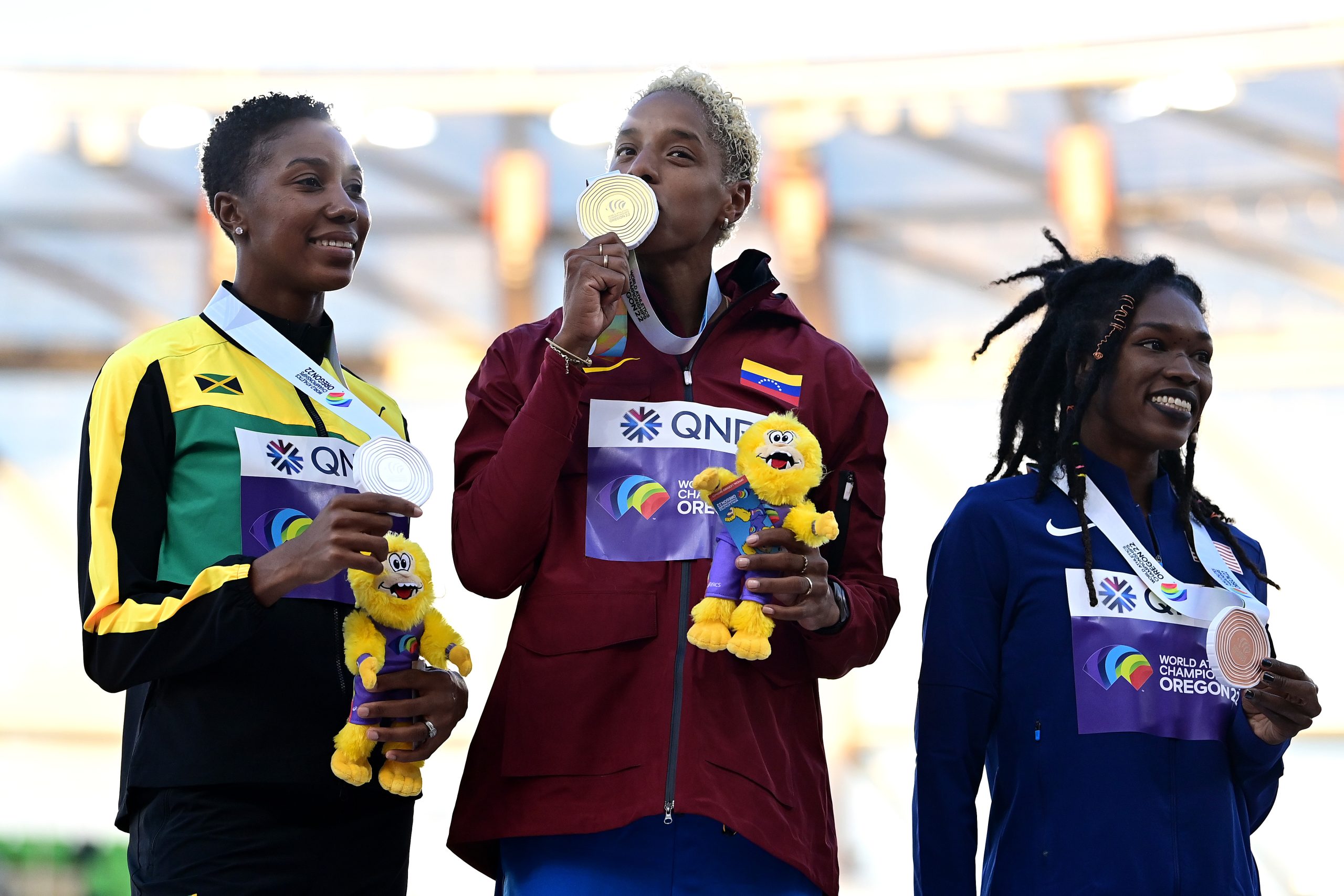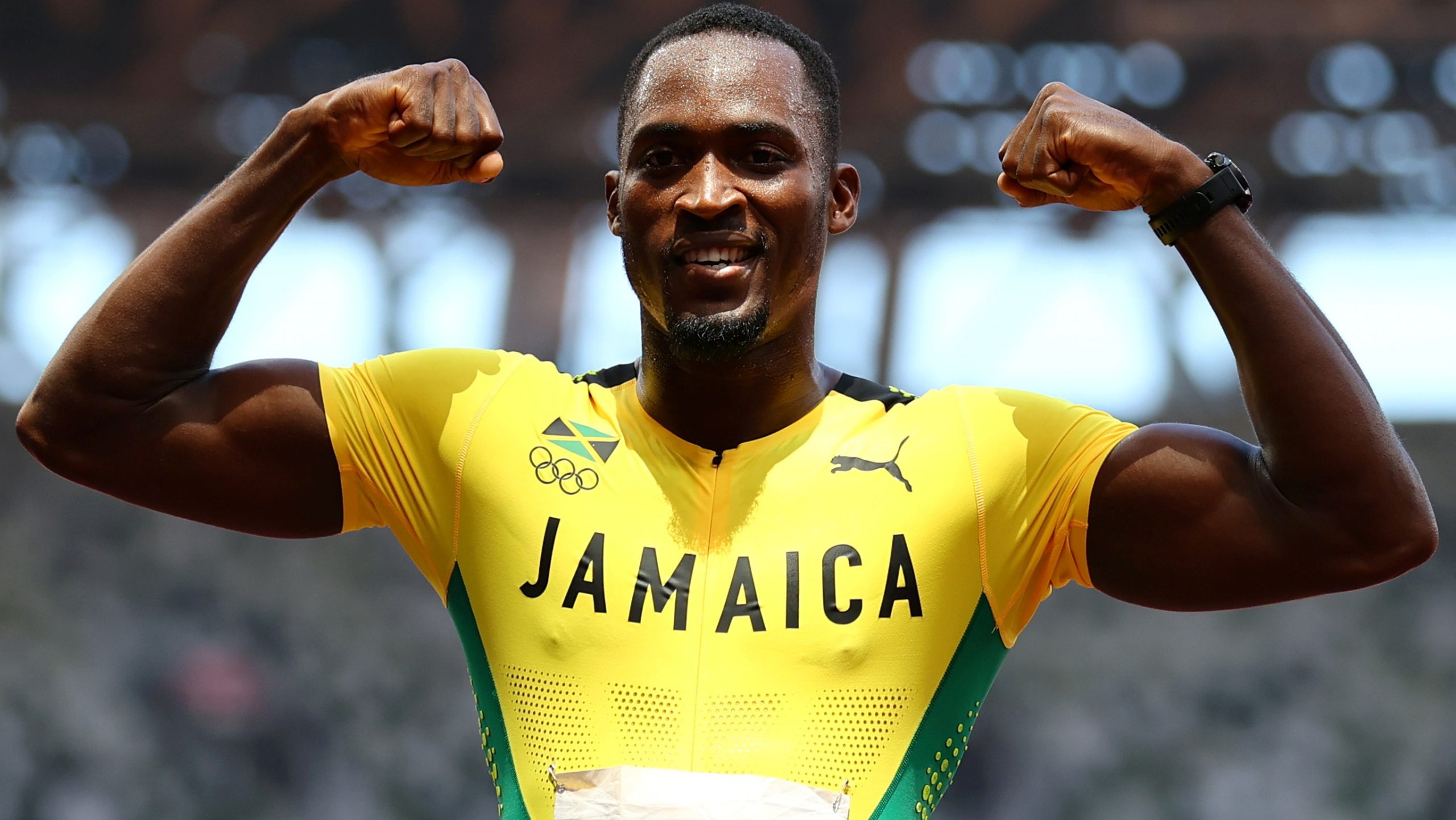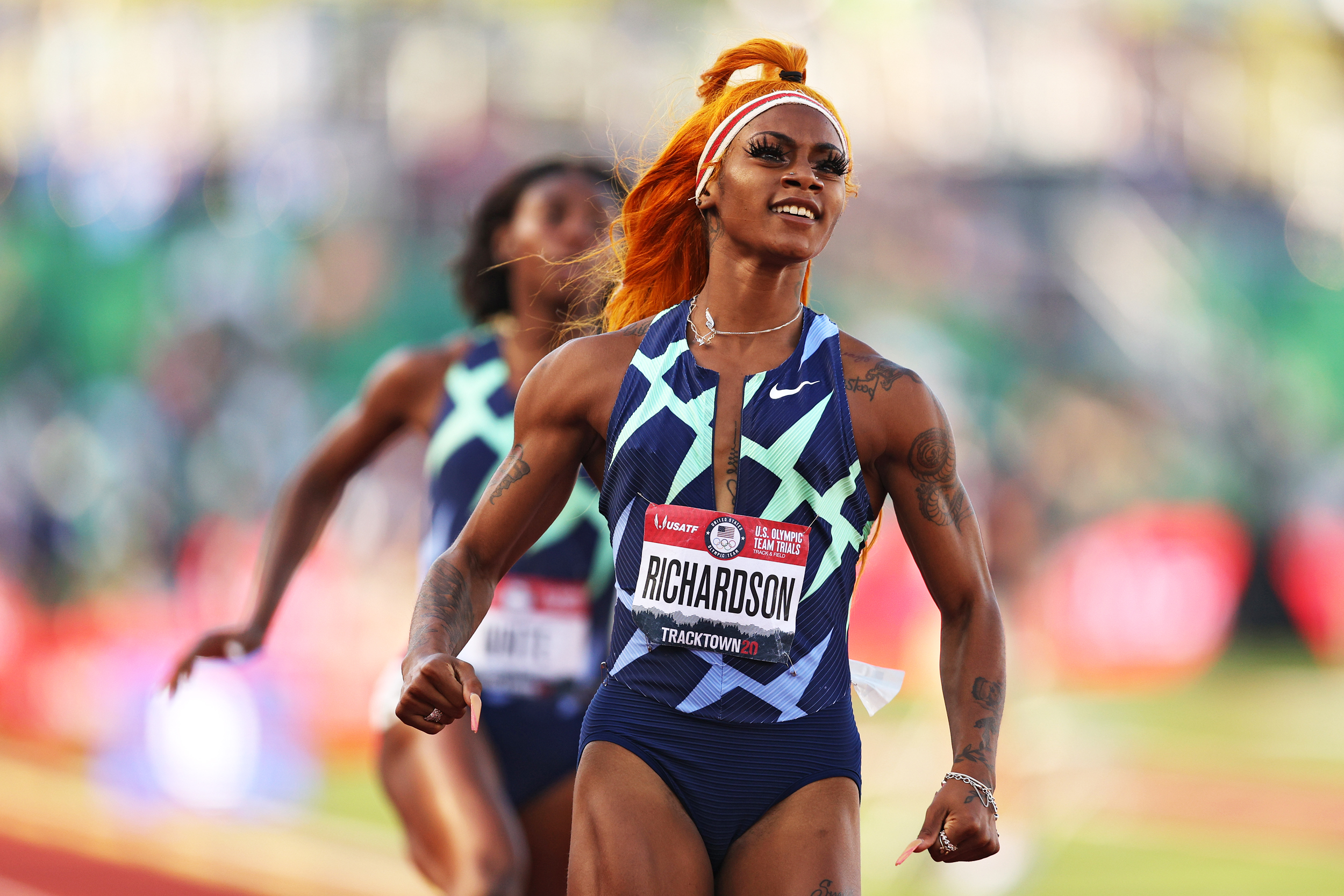MONACO – Trust, integrity and protecting clean athletes were the focus of the IAAF’s 207th Council Meeting ahead of a Special Congress to approve revolutionary reforms on Saturday (December 3).
Russia Taskforce chair Rune Andersen reported to Council that RusAF has made further progress towards satisfying the Reinstatement Conditions since June 2016, including rolling out anti-doping education modules for coaches and athletes, securing cooperation by the Russian criminal authorities with their French counterparts, and the Russian Parliament passing a new law criminalising the supply of prohibited substances to athletes.
But there is still work ahead of reinstatement. One of the key remaining issues is how to demonstrate that the IAAF and RUSADA (once it is reinstated) will be able to conduct their anti-doping programmes in Russia without outside interference.
To address this point, the Taskforce will go to Moscow in January to assess the response to Professor McLaren’s final report (due on 9 December 2016).
The Taskforce will report again on progress at the Council’s next meeting, in February 2017 (date to be confirmed), when it hopes to be able to identify a clear roadmap and timetable for RusAF’s reinstatement.
Council also reiterated that Competition Rule 22.1A, adopted in June, permits Russian athletes to apply for permission to compete in international competitions as independent competitors in advance of RusAF’s reinstatement, by showing they are not tainted by RusAF’s previous failings and they have been subject to strong drug testing.


